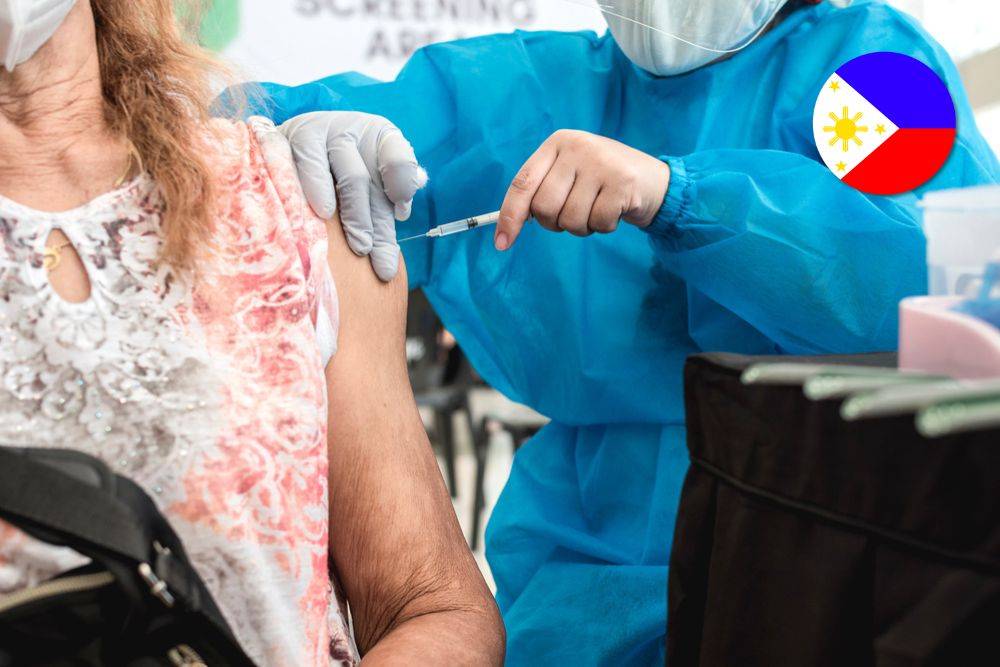Health advocates have been urging the Department of Health (DOH) to speed up the procurement and distribution of flu vaccines in the Philippines, citing a rise in influenza-like cases and the emergence of mpox. Flu cases have surged this year compared to the previous year, prompting calls to protect vulnerable populations, especially the elderly.
Dr. Lulu Bravo, a vaccine expert and Executive Director of the Philippines Foundation for Vaccination, expressed concern over the DOH’s delay in rolling out flu vaccines. She highlighted the dangers of influenza, which can worsen chronic conditions like heart disease and diabetes, leading to severe complications, including strokes and heart attacks, particularly among the elderly.
Urgency for Elderly Protection
An alarming 67.1% of influenza-associated deaths in the country occur in those aged 60 and above. This is due to the elderly having weaker immune systems, which make them more susceptible to severe symptoms.
Dr. Bravo emphasizes that each day without flu vaccinations increases the risks for seniors, especially as the rainy season accelerates the spread of flu viruses.
Watch also: DOH: Influenza-like illnesses up 55% from July 28-Aug. 10
A senior grassroots organisation, Bayan Bakuna, has urged Congress to take action to protect the health and safety of senior citizens by fully implementing Republic Act (RA) 9994. This law, known as the Expanded Senior Citizens Act, mandates free influenza and pneumococcal vaccinations for indigent seniors.
Roderick Alapar, the lead convenor of Bayan Bakuna, shared about the cause passionately.
“We cannot stand by and allow our seniors to suffer the severe consequences of a vaccine-preventable illness like influenza, especially during such a critical time.”
The RAISE Coalition (Raising Awareness on Influenza to Support Elderlies), led by infectious disease expert Dr. Rontgene Solante, echoes this call.
He stated that influenza deaths are underreported in the Philippines, and that the country is lagging behind in vaccine coverage. In 2022, only 8.81% of Filipinos aged 60 and above were vaccinated against influenza, far below the WHO’s recommendation of 75% coverage for at-risk populations.
Dr. Solante also highlighted that one barrier to vaccination is the delayed arrival of vaccines, which sometimes prevents adequate protection against current flu strains.
The Seasonal Influenza (Flu)
Seasonal influenza is an acute respiratory infection caused by influenza viruses. It spreads easily through aerosols when infected individuals cough or sneeze. Often confused with the common cold, the flu causes symptoms such as fever, cough, sore throat, body aches, and fatigue.
Treatment usually focuses on relieving symptoms, prioritising rest and fluids. In severe cases, especially for patients at higher risk, medical care may be necessary.
People most at risk include those with chronic medical conditions, are immunocompromised, pregnant women, young children under 5, and the elderly. In the Philippines, flu season usually peaks during the rainy months, increasing the virus’s spread.
According to the WHO, vaccination is the most effective way to prevent influenza. The DOH has called on healthcare providers to prioritise flu vaccination for people with underlying health conditions, such as heart disease, respiratory issues, and diabetes, as they face a higher risk of complications from the flu.

